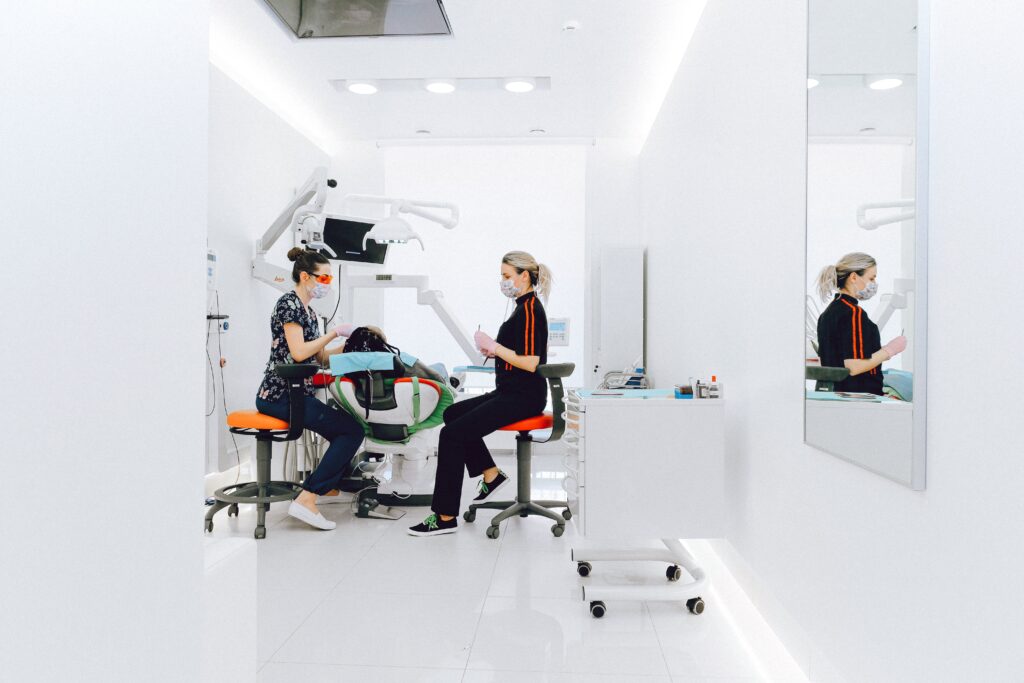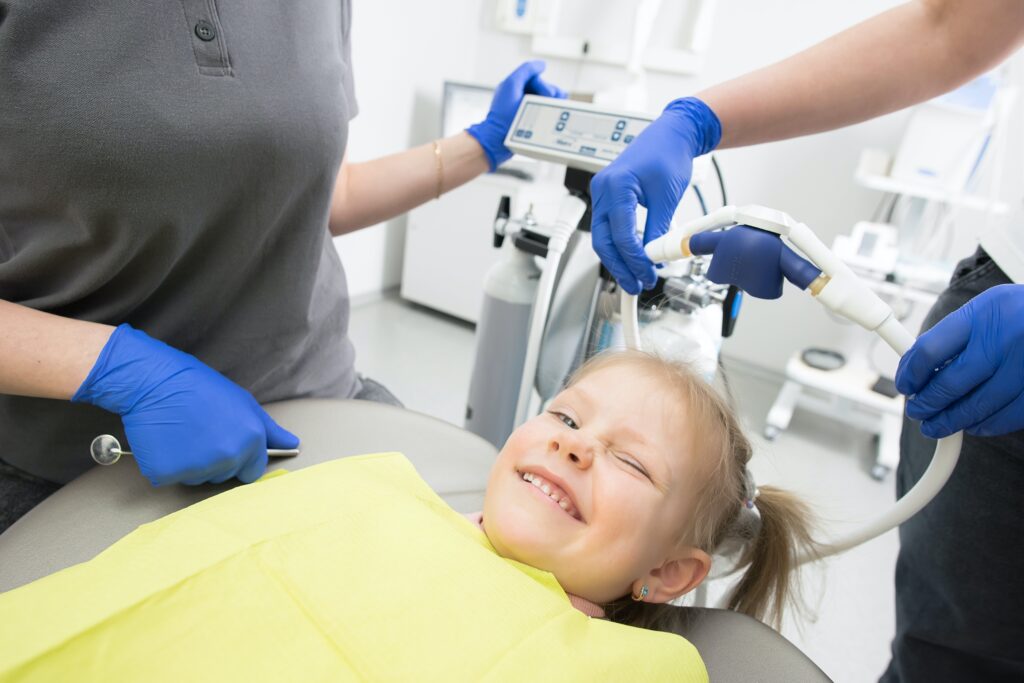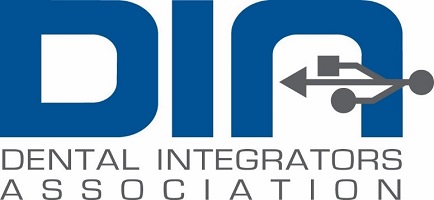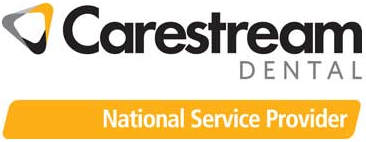Ensuring Dental Practice Compliance: The Hidden Risks of Non-Compliance with HIPAA Regulations
Protecting patient information is more important than ever in today’s digital age. Dental practices, like any healthcare organization, must prioritize compliance with the Health Insurance Portability and Accountability Act (HIPAA) regulations to ensure the confidentiality and security of patient data. Failing to comply with HIPAA regulations not only exposes dental practices to legal consequences but also puts patient trust and business reputation at risk.
In this article, our team at Compass Network Group will delve into the hidden risks of non-compliance with HIPAA regulations in the context of dental practices. By understanding these risks, dental professionals can take proactive steps to ensure compliance and avoid potential legal and financial repercussions. From the unauthorized disclosure of patient information to data breaches and fines, the consequences of non-compliance can be severe. We will explore the key HIPAA regulations that dental practices must adhere to, including the Security Rule and Privacy Rule, along with practical strategies for staying compliant.
Join us as we uncover the hidden risks of non-compliance with HIPAA regulations and provide invaluable insights to help dental practices safeguard patient data and maintain compliance in an ever-evolving regulatory landscape.

Why compliance with HIPAA regulations is crucial for dental practices
Compliance with HIPAA regulations is crucial for medical and dental practices to ensure the privacy and security of patient information. The Security Rule and Privacy Rule are the two main components of HIPAA that dental practices must adhere to. The Security Rule requires dental practices to implement safeguards to protect electronic patient health information (ePHI), while the Privacy Rule focuses on the protection of patient information in any form.
Non-compliance with HIPAA regulations can, in fact, lead to severe consequences for dental practices. The Office for Civil Rights (OCR), which enforces HIPAA, has the authority to impose significant fines and penalties for violations. Plus, dental practices that fail to comply with HIPAA regulations often incur damage to their reputation and lose patient trust.
Common HIPAA compliance issues in dental practices
Dental practices nationwide face several common HIPAA compliance issues that can put patient data at risk. One of the most common issues is the unauthorized disclosure of patient information. This can occur when dental practice staff members unintentionally share patient information with unauthorized individuals or entities. It is crucial for dental practices to implement policies and procedures to prevent these unauthorized disclosures and ensure that patient information is only shared with those who have a legitimate need to know.
Another common compliance issue is the lack of proper physical, technical, and administrative safeguards to protect patient information. Dental practices are required to implement appropriate measures to safeguard patient data, such as secure storage systems, encrypted communication channels, and access controls. Oftentimes, dental practices overlook the importance of regular staff training and education on HIPAA compliance. All staff members must have a thorough understanding of HIPAA regulations and their responsibilities in protecting patient information. By providing ongoing training and education, dental practices can ensure their staff remains informed about the latest compliance requirements.
Consequences of non-compliance with HIPAA regulations
The consequences of non-compliance with HIPAA regulations can be severe for dental practices. The OCR has the authority to impose fines ranging from $100 to $50,000 per violation, with an annual maximum penalty of $1.5 million for each violation category. Fines like these can quickly add up, especially if multiple violations occur.
Aside from financial penalties, dental practices that fail to comply with HIPAA regulations may experience reputational damage. Patients trust dental practices to protect their sensitive information, and a breach of that trust can lead to the loss of patients and damage to the practice’s reputation in the surrounding community.

Four steps to ensure HIPAA compliance in dental practices
To ensure HIPAA compliance, dental practices can take several proactive steps:
1. Training and education for dental practice staff on HIPAA compliance: Provide regular training sessions and educational resources so that all staff members are aware of their responsibilities and thoroughly understand HIPAA regulations.
2. Implementing HIPAA-compliant technology and systems in dental practices: Utilize secure electronic systems and software that meet HIPAA requirements for storing, transmitting, and accessing patient data. Implement encryption and access controls to protect patient information.
3. Regular audits and risk assessments for dental practices: Periodic audits and risk assessments should be conducted to identify any vulnerabilities or areas of non-compliance. Address any issues promptly to minimize the risk of a breach or violation.
4. The role of a HIPAA compliance officer in dental practices: Designate a HIPAA compliance officer within your dental practice who is responsible for overseeing compliance efforts, conducting regular audits, and ensuring ongoing adherence to HIPAA regulations.
By following these four steps, dental practices can establish a culture of compliance and minimize the risk of non-compliance with HIPAA regulations. By understanding the hidden risks of non-compliance and taking proactive measures to ensure compliance, dental practices can safeguard patient data and maintain compliance in an ever-evolving regulatory landscape.
Training and Education for Dental Practice Staff on HIPAA Compliance
One of the hidden risks of non-compliance with HIPAA regulations in dental practices is the unauthorized disclosure of patient information. This can be the result of a lack of proper training and education for dental practice staff on HIPAA compliance. Without a clear understanding of the regulations and their responsibilities, staff members may inadvertently or negligently disclose patient information, leading to the aforementioned potential legal and reputational consequences.
To mitigate this risk, dental practices of all shapes and sizes need to invest in comprehensive training programs for their staff. These programs should cover the basics of HIPAA regulations, including the Security Rule and Privacy Rule, as well as specific guidelines and best practices for handling patient information. By equipping staff members with the knowledge and skills they need to comply with HIPAA regulations, dental practices can reduce the likelihood of unauthorized disclosures and protect patient confidentiality.
Implementing HIPAA-Compliant Technology and Systems in Dental Practices
Another hidden risk of non-compliance with HIPAA regulations is the use of non-compliant technology and systems in dental practices. Outdated or insecure software, a lack of encryption, and inadequate access controls can all leave medical and dental patient data vulnerable to breaches and unauthorized access. Dental practices need to verify that their technology and systems are HIPAA-compliant to safeguard patient information effectively.
To achieve this, dental practices need to work closely with their IT teams or technology vendors to implement robust security measures. This may include encrypting patient data, implementing secure password protocols, regularly updating software and systems, and conducting vulnerability assessments. By leveraging HIPAA-compliant technology and systems, dental practices can significantly reduce the risk of data breaches and continue to protect patient privacy.
Regular Audits and Risk Assessments for Dental Practices
Conducting regular audits and risk assessments is necessary for dental practices to identify and mitigate any potential compliance risks. Assessments help dental practices evaluate their current compliance status, identify areas for improvement, and implement corrective measures to address any vulnerabilities.
Dental practices should consider conducting internal audits at least annually, or more frequently if there have been significant changes in their operations or technology infrastructure. Audits should assess the dental practice’s adherence to HIPAA regulations, including policies and procedures, training programs, physical and technical safeguards, and breach response protocols.
By proactively identifying and addressing compliance gaps, dental practices can yet again minimize the risk of non-compliance and strengthen their overall security posture.
The Role of a HIPAA Compliance Officer in Dental Practices
To ensure ongoing compliance with HIPAA regulations, dental practices are encouraged to designate a HIPAA compliance officer. This individual will be responsible for overseeing all aspects of HIPAA compliance within the dental practice, including training and education, technology implementation, audits, and risk assessments.
The HIPAA compliance officer should possess a thorough understanding of HIPAA regulations and continue to stay informed about any updates or changes to the regulations. They should also have the authority and resources necessary to enforce and maintain compliance throughout the dental practice.

The Importance of Prioritizing HIPAA Compliance in Dental Practices
In conclusion, non-compliance with HIPAA regulations poses significant risks to dental practices of all shapes and sizes throughout the nation. From the unauthorized disclosure of patient information to data breaches and fines, the consequences can be severe – and definitely not worth the risk. Dental professionals must prioritize HIPAA compliance by investing in staff training and education, implementing HIPAA-compliant technology and systems, conducting regular audits and risk assessments, and appointing a HIPAA compliance officer.
By taking these proactive steps, dental practices like yours can know that they are doing everything within their control to safeguard patient data, maintain compliance with HIPAA regulations, and protect their reputation and business.
In an ever-evolving regulatory landscape, Compass Network Group is here to help dental professionals stay vigilant. If you have any questions or would like to learn more about how to ensure compliance in your dental practice, reach out to our team of experts at Compass Network Group at 866-336-8727. Protecting patient information is a shared responsibility, and together we can create a secure and trusted healthcare environment.




